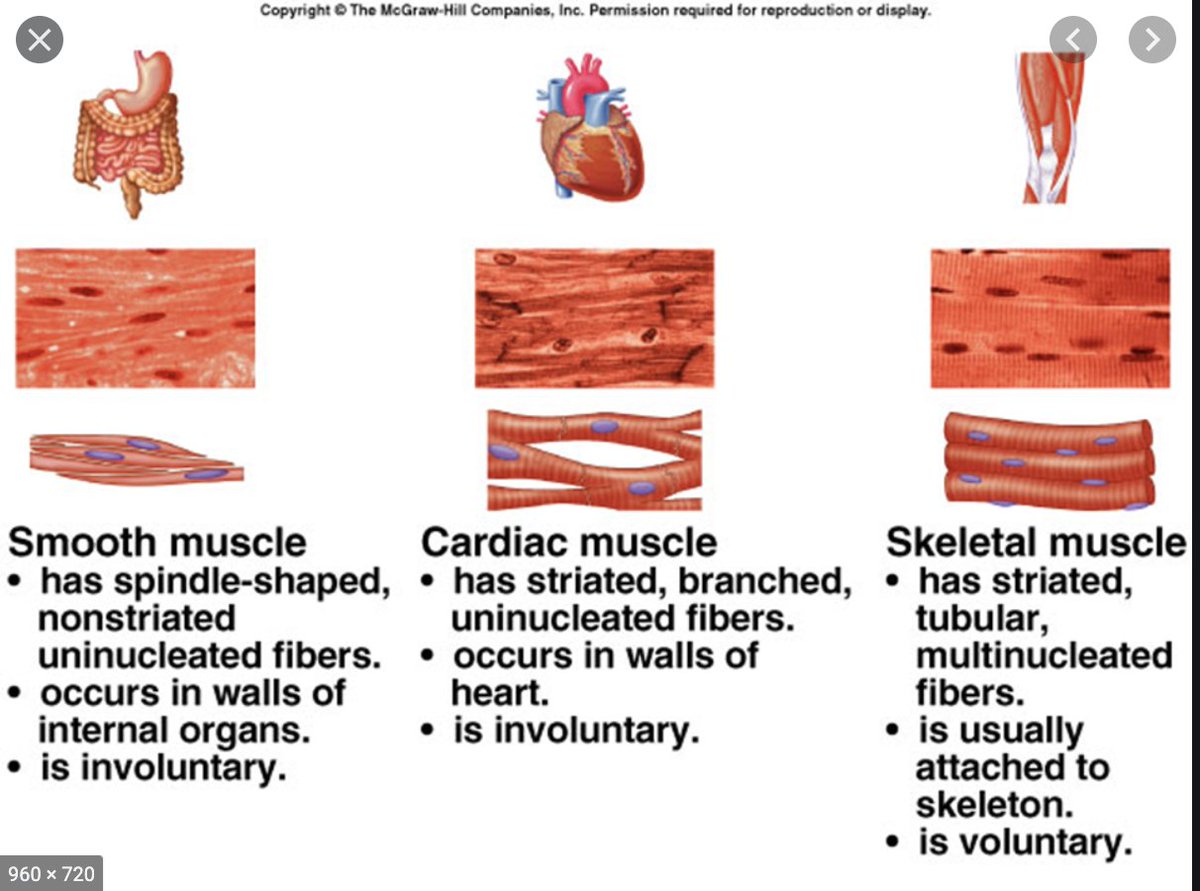
Stewart Alsop III - Host of Crazy Wisdom Podcast
23 Nov,
6 tweets, 3 min read
A #stablethread on the extracellular matrix (ECM).
The best analogy I have for helping to visualize this devilishly difficult piece of anatomy to visualize is to see it as the forest through which the cells of your body wander and attach to. This stuff is really bizarre.
The best analogy I have for helping to visualize this devilishly difficult piece of anatomy to visualize is to see it as the forest through which the cells of your body wander and attach to. This stuff is really bizarre.

Before moving on, if you want to understand the overarching category to which the ECM belongs, check out this thread on connective tissue, with links to other types of connective tissue:
https://twitter.com/StewartalsopIII/status/1323613766148329478
There are two basic components to the ECM.
First is the structural and fibrous proteins that provide the scaffolding or the structure which makes up the ECM. These proteins are:
1. Collagen
2. Elastin
First is the structural and fibrous proteins that provide the scaffolding or the structure which makes up the ECM. These proteins are:
1. Collagen
2. Elastin
https://twitter.com/StewartalsopIII/status/1324493336468582400
The second component of the ECM is the water-based bonding mechanisms. I'm still learning how to visualize these but they basically serve to create a force against compression, a way of keeping us upright in the face of gravity's onslaught. 

Essentially the fibrous components of ECM serve to resist tension and stretching and the water-soluble components serve to trap water in pockets to resist forces of compression. This has a lot of important conclusions for how we move around the earth!
This video is excellent for visualizing the ECM and how it helps cells move around in your body and, as I just learned, is important for how cells communicate with each other. This changes how the nucleus of a cell creates RNA!
• • •
Missing some Tweet in this thread? You can try to
force a refresh




